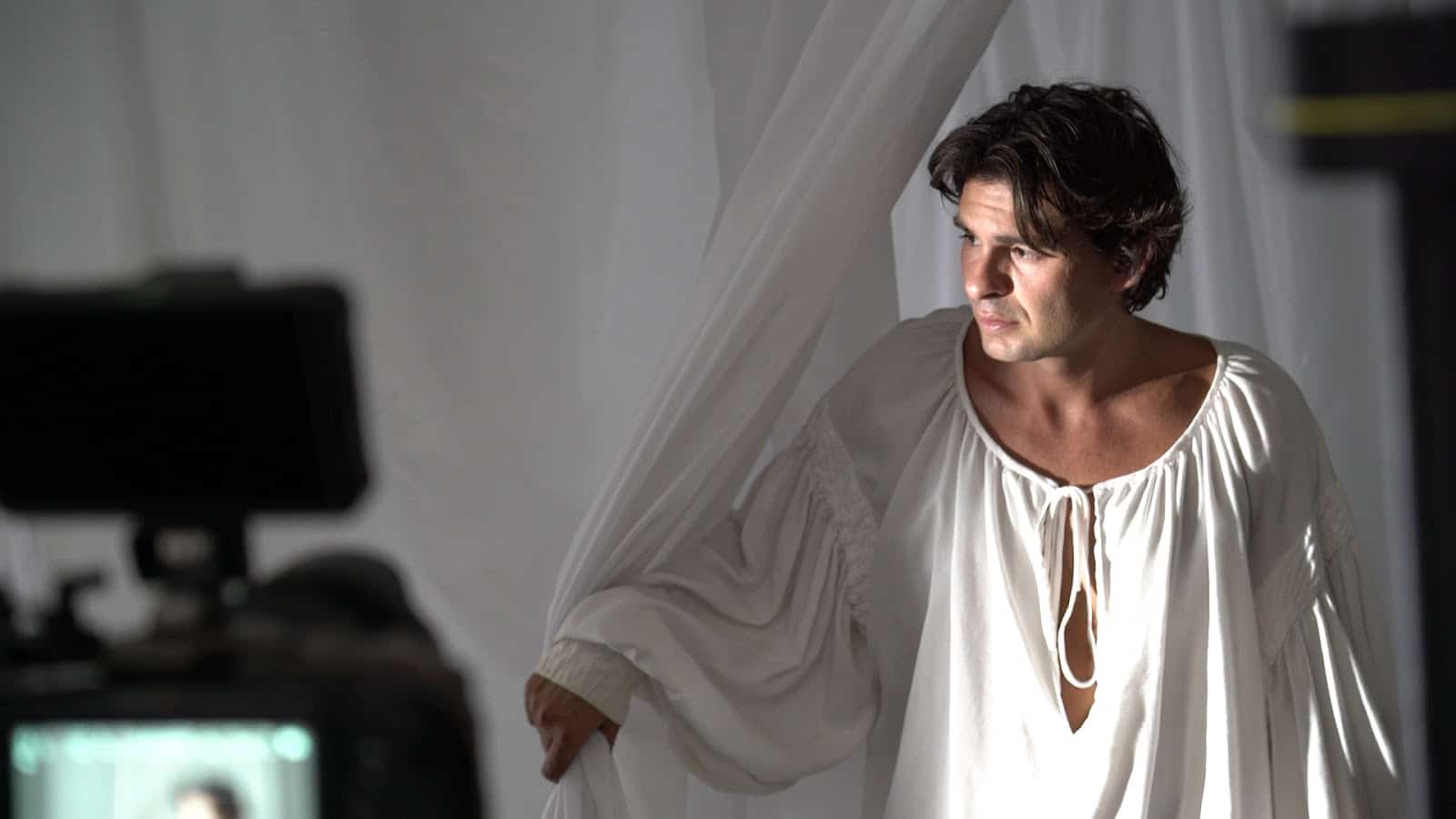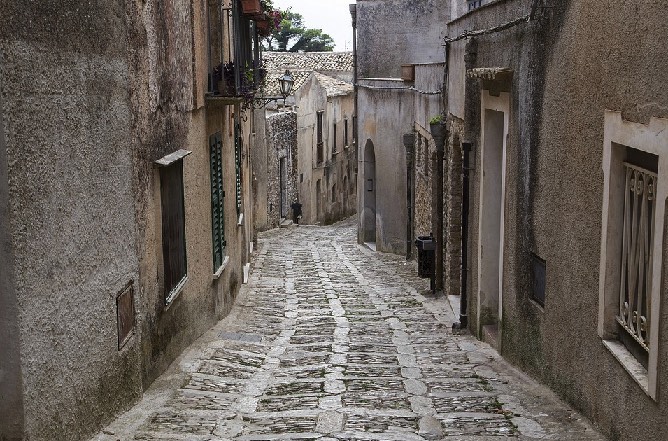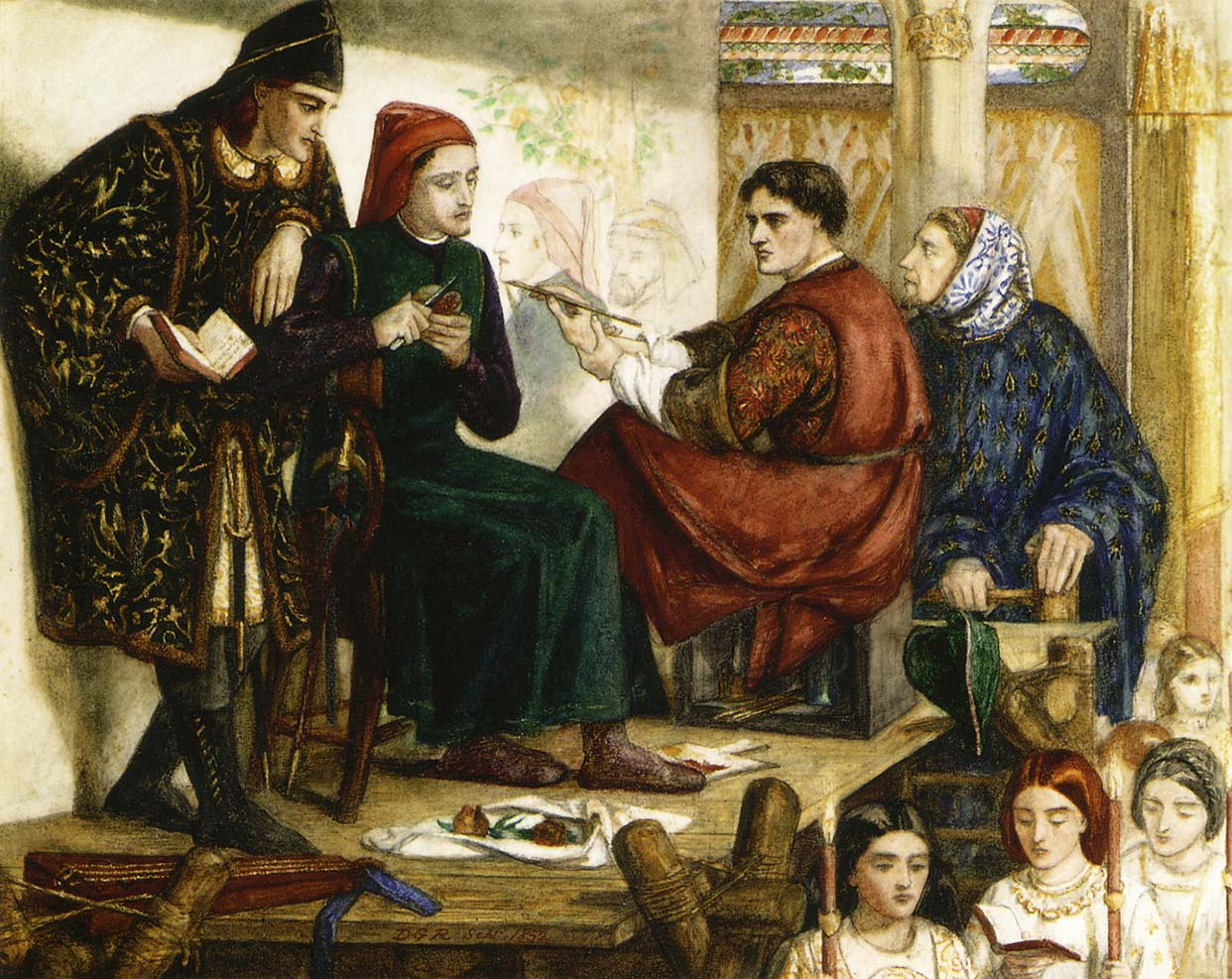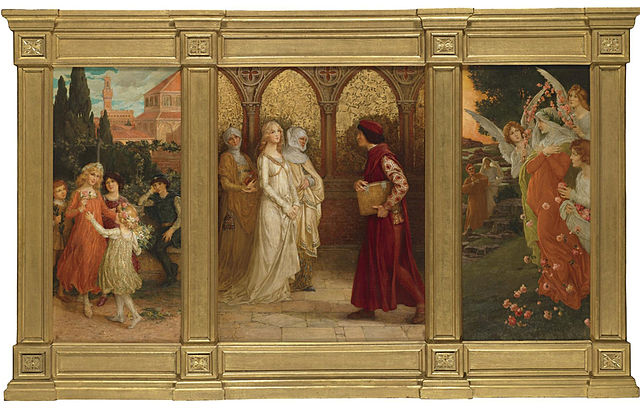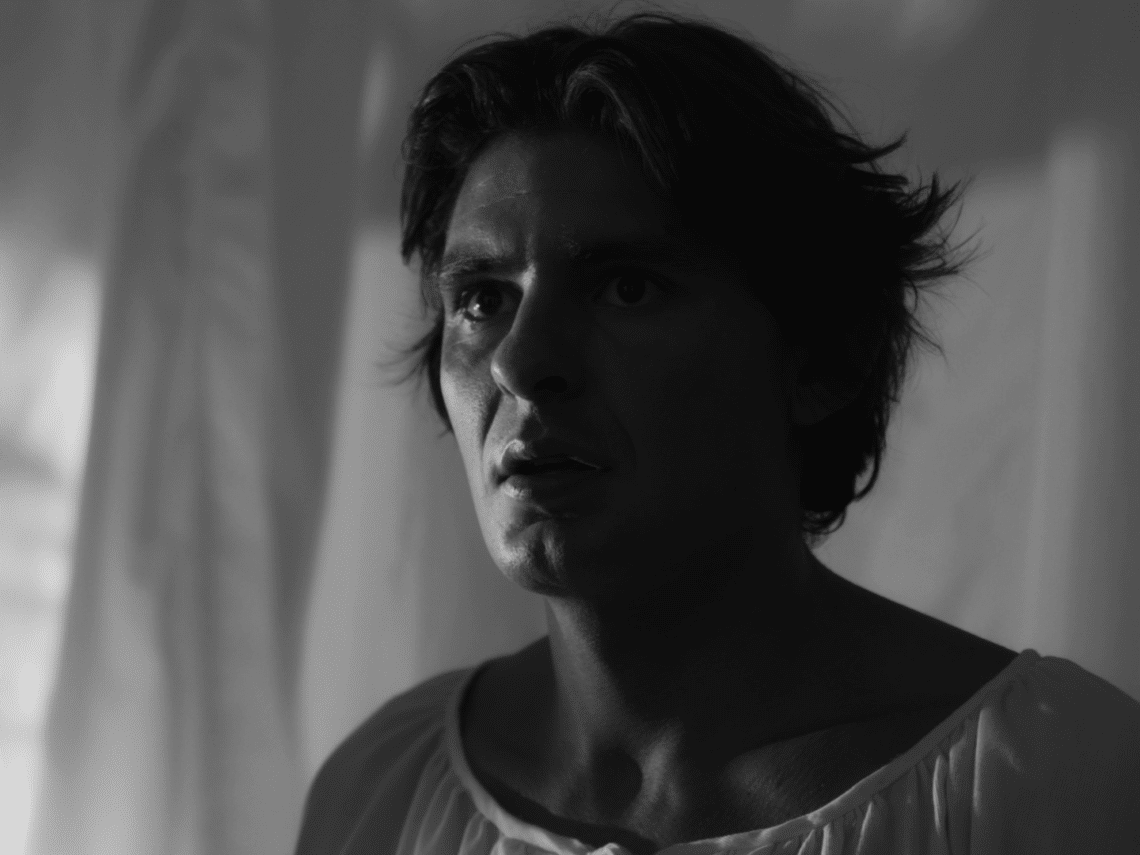
Juliet is dead! In world first, Australian team films lost historical Romeo scene.
Press Release: Shakespeare’s Romeo and Juliet has long entranced audiences worldwide, but what if there’s more to the story? In a groundbreaking first, an Australian team unveils a powerful scene from Matteo Bandello’s overlooked original Italian version, Romeo and Giulietta, which Shakespeare adapted.
“Even though Romeo and Juliet is set in Verona, most people don’t know it’s an Italian story,” explains Italian-Australian author Michael Curtotti, who recently unveiled a fresh English translation of Matteo Bandello’s narrative. “It’s like appreciating Peter Jackson’s Lord of the Rings without acknowledging JRR Tolkien. Within Bandello’s rendition lies a trove of narrative richness that was left on the cutting room floor.”
Led by director Rhianna Spooner, her team of recent AFTRS and NIDA graduates set out to recreate a scene that, until now, was literally ‘lost in translation’. Titled Juliet is Dead: Romeo’s Lost Scene, the short film thrusts audiences into a climatic moment in Act 5 Sc1, when Balthasar brings news to Romeo that Juliet is dead.
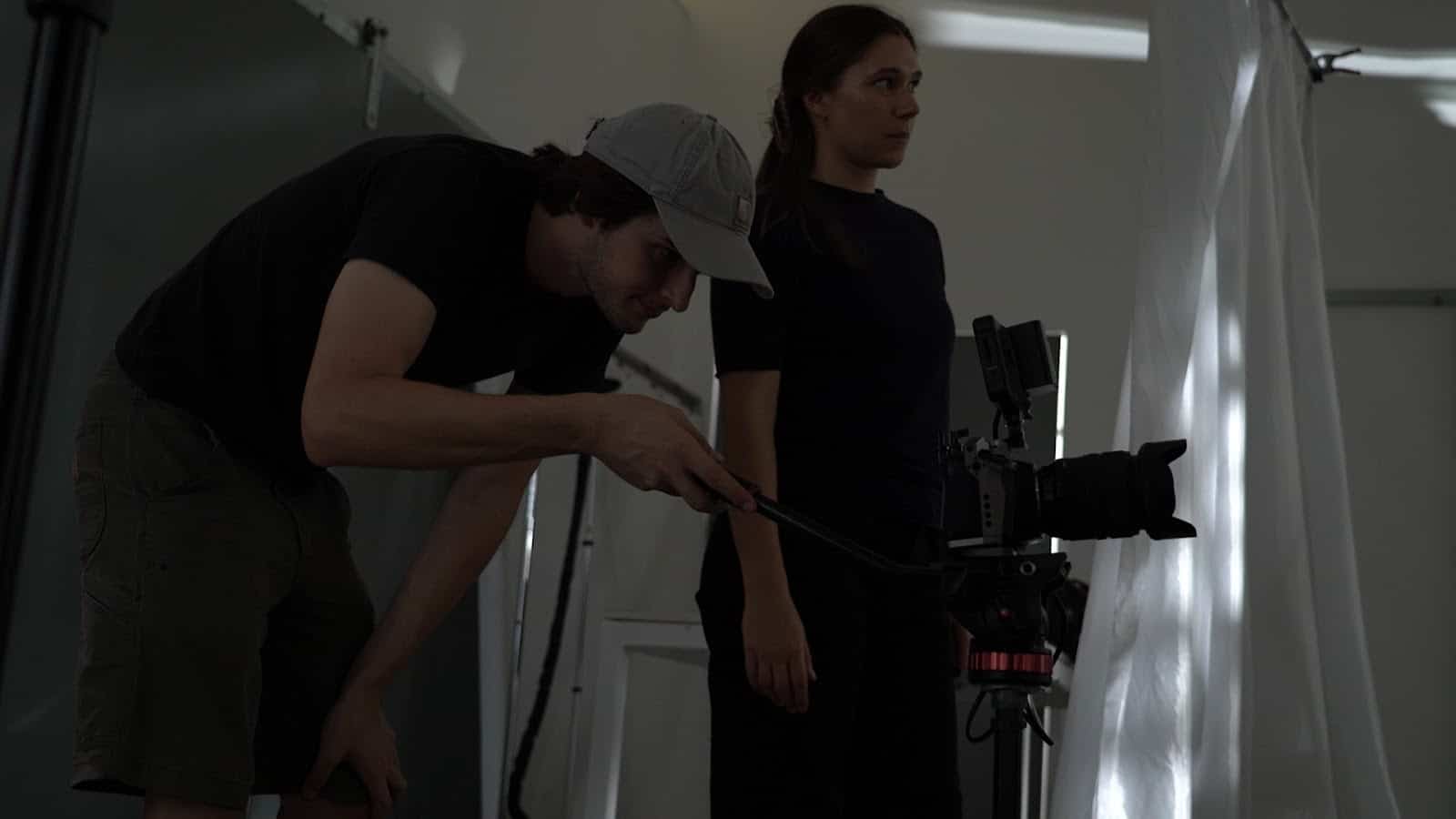
Director Rhiana Spooner, drawn to Bandello’s raw prose, was determined to resurrect this 470 year old soliloquy.
“Bandello’s Romeo and Juliet addresses everything that had always bothered me about Shakespeare’s version. Although the plot remains largely the same in Shakespeare’s play, the characters often feel more like fairytale archetypes than real people, making their melodramatic and reckless choices hard to relate to.” remarks Rhianna.
“So, Shakespeare’s version feels like a distant fable to me. But when I read Bandello’s version, his characters feel much more honest and complex, like they’ve been ripped straight from the present. It makes you realize that the experience of young people hasn’t changed much in 500 years.”
“It also seems the Elizabethans weren’t as interested in the vulnerability of men or the complexity of women. And perhaps that’s why the scene we adapted never appears in English translations or Shakespeare’s version. Elizabethans drew inspiration from the vibrant cultural revolution happening in Renaissance Italy, but adapted the stories to fit the more conservative Elizabethan morals.” says Rhianna Spooner.
“Recovering this version of Romeo and Juliet lets us see their story in a new light. Their beautiful love for each other is still the heart of the story. But it is also powerfully about their struggles with mental health and the inability of those around them to help them,” Michael says.
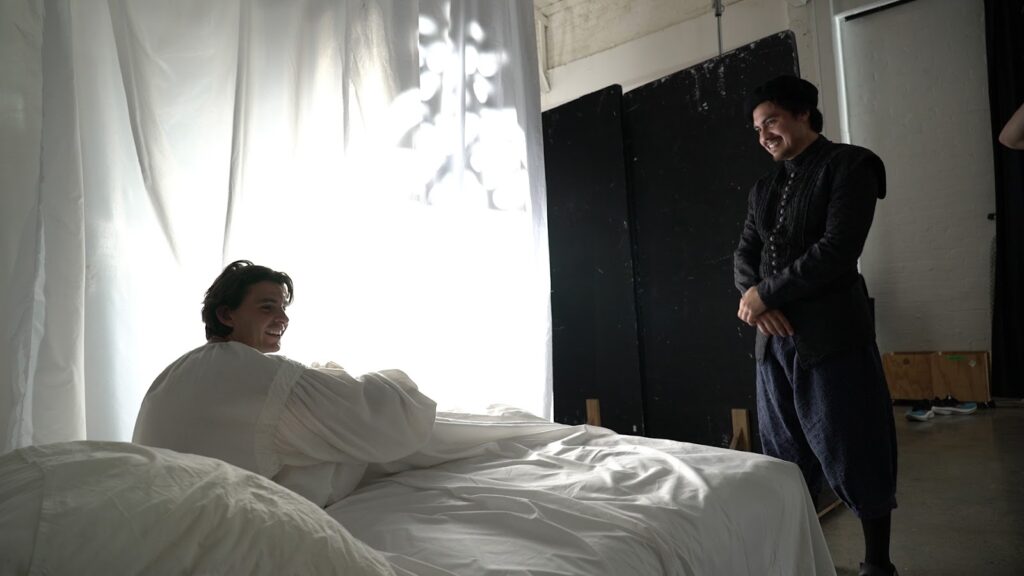
Lead actor J.K. Kazzi captures Romeo’s inner conflict and is solidly supported by Gabriel Alvarado as Balthasar. Rhianna Spooner also collaborated with Cinematographer and VFX artist Jack McGrath, who used CGI and Unreal Engine to transform a Sydney studio into an Italian Villa.
“We felt strongly that this scene needed to be cinematic to get away from the theatricality of Shakespeare.” remarks Jack. “We wanted to be authentic to Bandello’s version by putting us in that world. So I have been learning Unreal Engine which has opened a world of possibilities for future projects.” says Jack.
On translating the text, Michael says “Ideas of plagiarism and copyright today would say Shakespeare is less original than we thought. But that’s an anachronistic way of thinking about it. In his time, a time of oral storytelling traditions, it was common practice for creatives to retell a story, improving it with their own words, and Bandello did this himself. But Bandello’s version is unique because it’s the one that makes it out of Italy, and is picked up in France and then England.”
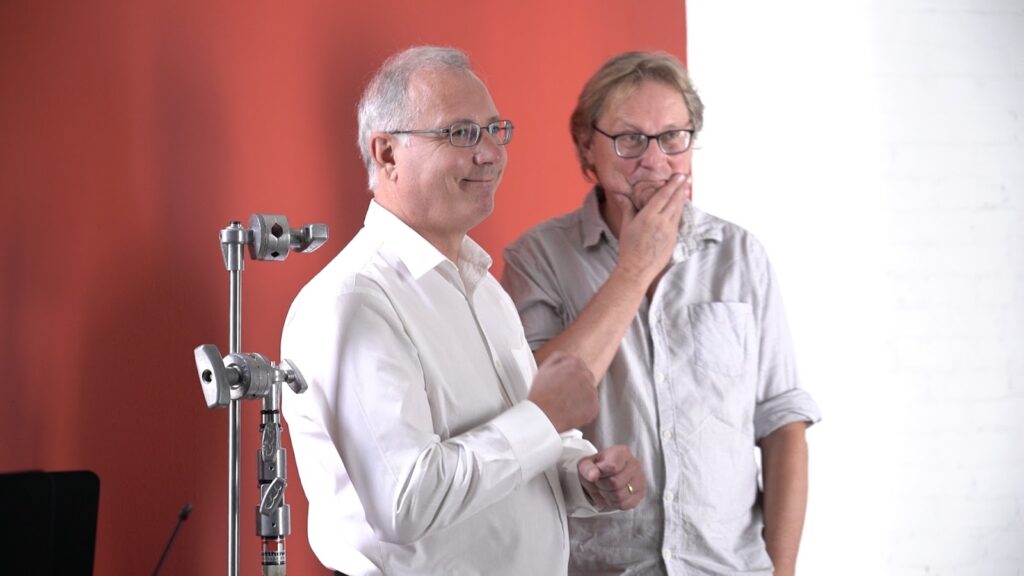
Matteo Bandello (1485 – 1561) was an Italian monk with a passion for writing. Driven out of Italy by endemic war, Bandello fled to France. In the last years of his life he completed his collection of more than 200 stories, including Romeo and Juliet, Twelfth Night and Much Ado About Nothing. All of which also provided Shakespeare with plots and sub-plots for his plays.
Michael explains, “I’d been writing about Italian stories and knew about Bandello’s novellas. Coming out of covid, my first international trip was to Italy. On the plane over I watched Shakespeare in Love. Suffice to say, the Miramax film left me convinced that audiences deserve the real history, so I undertook publishing a new English translation of Matteo Bandello’s Romeo and Juliet.”
“Seeing how the filmmakers and actors responded to the scene and brought it to life, confirms what I felt when translating the novella. Romeo and Juliet come from a different world, but Bandello’s version speaks to our times.” Michael says.
Matteo Bandello’s Romeo and Juliet A New English translation by Michael Curtotti (Aldila Press, 2023) is available in good bookshops and via Amazon at this link. It is also available in a parallel English-Italian edition here.
